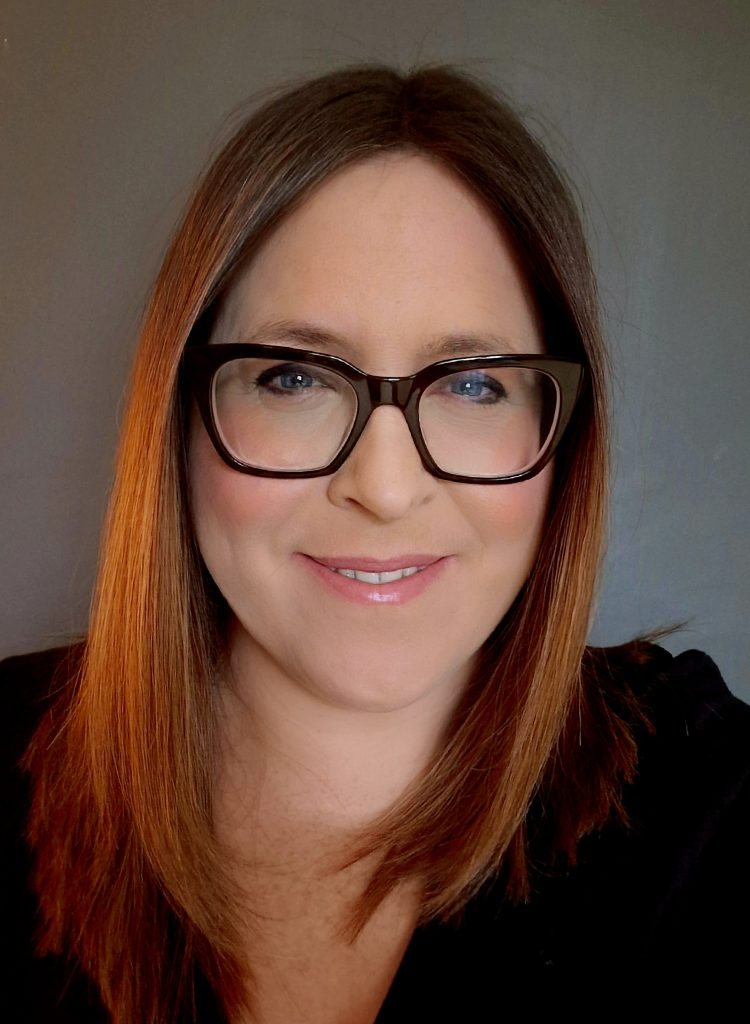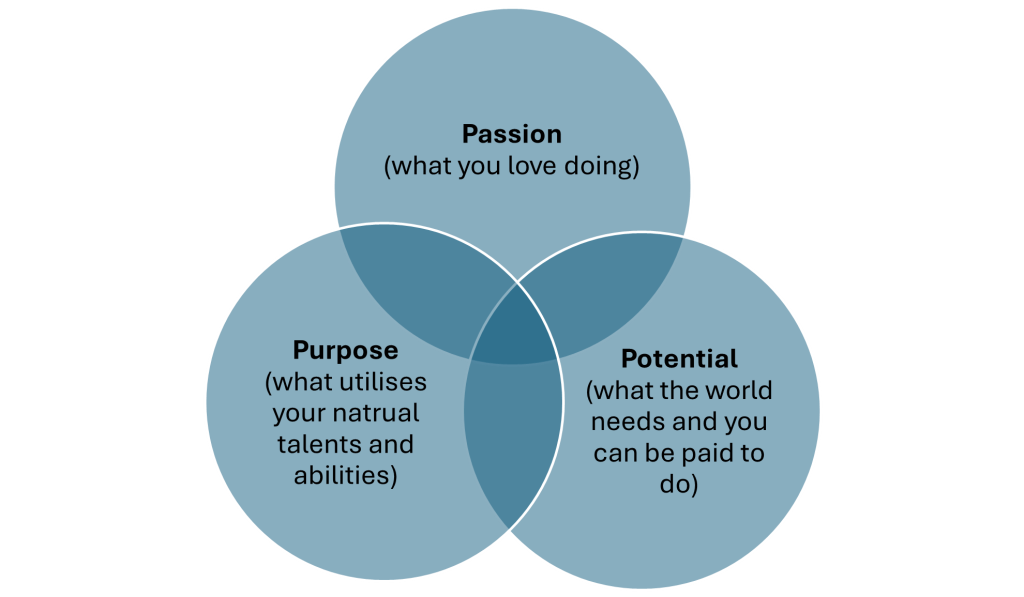Celebrating Member Success
As part of the AHEP’s Student Experience and Engagement Special Interest Group (SIG), we’re conducting interviews with those who work in the field. A wide variety of roles and teams support the improvement of student experience and engagement within universities. Our interview series, ‘Celebrating Member Success’ helps to shine a light on those who are working in these roles, so that others can learn more about the many different ways that we’re approaching this area of work across the sector.
In this edition of ‘Celebrating Member Success’, we hear from Laila Burton, Assistant Director, Office of the Pro-Vice-Chancellor (Students) at The Open University. We discuss what we mean by success and hear Laila’s thoughts on how this has evolved during her career.

Laila Burton
Assistant Director, Office of the Pro-Vice-Chancellor (Students), The Open University.
“My definition of success has evolved. I now measure it not by title or salary, but by the extent to which I’m contributing to tackling social injustice and enabling teams to support students in achieving their goals.”
What is your current role and what does your team do at The Open University?
I’m an Assistant Director within the Office of the Pro-Vice-Chancellor (Students) at The Open University. Our office is responsible for increasing the proportion of students succeeding in OU study and narrowing the gaps in student outcomes. My team focuses on enhancing the overall student experience by ensuring that the student voice is at the heart of all we do, overseeing quality assurance and enhancement, and improving assessment practices across the OU, including the recognition of prior learning.
The OU delivers online courses, and the student demographic is diverse, how does this impact on work around the student experience from your experience?
Our open mission is reflected in our diverse learning community and, like many students across the higher education sector, our learners are often juggling competing priorities, such as studying alongside work, looking after a family or caring responsibilities. What sets them apart is that they’re at a distance and this can make it especially challenging to engage time-poor students in quality enhancement initiatives.
A key priority for us is leveraging existing data through innovations in learning analytics and machine learning. We are also committed to making consultation and collaboration inclusive by giving students the choice of how to engage, whether through our synchronous in-person consultation events across the UK, online consultation meetings and collaboration workshops, or asynchronously through forum discussions and surveys. We are very fortunate to work with brilliant students who actively contribute through our governance structures, participate on panels, and support our work as student interns. They help us close the feedback loop, which is vital for building a sense of community. However, at one of our Access, Participation and Success Conferences, Mette Anwar-Westander, Founder and CEO of Disabled Students UK, rightly emphasised that universities need to do more to recognise the value of students’ lived experiences. Collaborative working with students as partners provides greater opportunities for them to be compensated for their expertise in their learning experience.
Please can you describe your journey in the world of Student Experience and Engagement?
After graduating with a teacher training degree, I remember the (understandably!) bemused look on my careers adviser’s face when I asked about career paths for people passionate about education who don’t want to teach. My previous experience in a FE/HE college helped me secure an administrative role at the University of York. My experience supporting a project in that role gave me a strong foundation to progress my career with the Learning and Teaching Support Network, which became the Higher Education Academy and is now AdvanceHE. It was a fantastic opportunity to collaborate with universities and organisations across the UK on various thematic areas, such as assessment, education for sustainable development and employability. I loved being involved in initiatives that impacted the student experience, and this passion led me to seek more grassroots experience by joining The Open University. Moving to a distance learning provider almost ten times the size of any organisation I had previously worked for was eye-opening, and I feel I benefited from experiencing a diversity of higher education providers.
Over this time, how has your measure of what success evolved?
Over time, my measures of success have evolved. At one point in my career, I became increasingly focused on traditional markers of career progress, climbing the grades and developing project management expertise. In doing so, I lost sight of what originally motivated me: improving the student experience and making education more inclusive. That changed when a colleague introduced me to The Element: How Finding Your Passion Changes Everything by Sir Ken Robinson. The book’s central idea resonated deeply: true fulfilment comes when your work aligns with your passions, uses your talents, and meets a real-world need. Since then, my definition of success has evolved. I now measure it not by title or salary, but by the extent to which I’m contributing to tackling social injustice and enabling teams to support students in achieving their goals.
This shift has also inspired me to deepen my own learning. I’m currently studying the OU’s Equity, Inclusion and Social Justice in Educational Practice course, which is helping me address gaps in my understanding, particularly around the experiences of Gypsy, Traveller, Roma, Showman and Boater students. This has reinforced my belief that making higher education more equitable isn’t just the right thing to do, it’s essential to improving outcomes for all students.
What have you achieved in your career that you are most proud of?
The OU’s mission is to be open to people, places, methods and ideas, and there is nothing more heartwarming than hearing from current and former students about the transformative impact of study on their lives. Many students have had to overcome disadvantages or previous negative experiences in education, so I find working on projects to achieve equitable outcomes for all particularly rewarding. In my previous role, I collaborated with students and staff to make the OU more inclusive for students who have disabilities or are experiencing digital exclusion. Together, we developed theories of change, which led to impactful projects and frameworks that continue to remove the barriers to learning for our students. We recently evaluated one of our pilots to provide laptops and data for asylum seekers and refugees who were unable to access an Open Futures Sanctuary Scholarship. Hearing their stories was incredibly moving; one student commented, “You haven’t just given me a laptop, you have given me back my dignity”. It’s moments like these that reaffirm why this work matters.
What would you consider to be a success of yours in the world of Student Experience?
My experience has instilled in me the importance of building and engaging with networks, both within my university and across the wider sector. Sharing and learning from good practice through these networks has helped me and my teams achieve results and avoid wasting resources by learning from the lessons of others. Despite an increasingly competitive higher education landscape, I continue to be inspired by how generous colleagues are with their time and how committed they remain to helping each other enhance the student learning experience. I have been a member of the Association of Higher Education Professionals for over two decades, and it has been instrumental in expanding my networks regionally and nationally. Most recently, I joined the Student Experience and Engagement Special Interest Group, and I can’t speak highly enough of the coffee break sessions. The sessions have given me valuable insights into sector-wide practice and helped me to connect with colleagues at other universities I was keen to engage with. If anyone wants to connect, please feel free to get in touch on LinkedIn.
We are incredibly grateful to Laila for sharing her insights in this space. If you’d like to share your journey, tell us about a project you’ve worked on or nominate a colleague who has been working on something amazing, then emailnissy.cheema@warwick.ac.uk
‘Celebrating Member Success’ interview led by Nissy Cheema – Deputy Coordinator, Student Experience and Engagement Special Interest Group
Summer 2025
The latest from AHEP:

